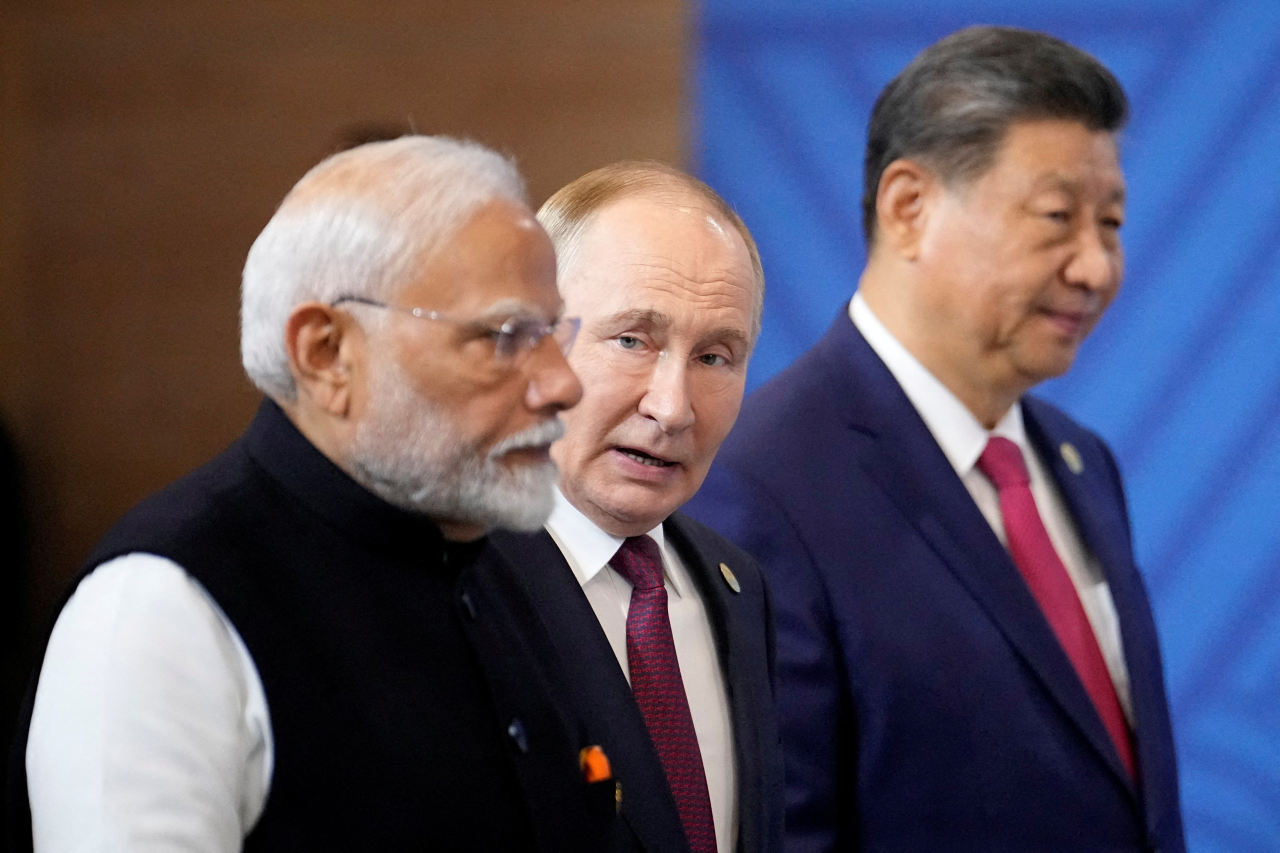Leaders from three of the world’s four most powerful nations will convene in Beijing this weekend to deliberate on the implications of recent policy shifts initiated by U.S. President Donald Trump. This meeting comes amid a significant reconfiguration of the global political landscape, prompting discussions on how to respond to the evolving international order.
The summit, scheduled for March 15-16, 2024, will include representatives from China, Russia, and India. Together, they aim to address the challenges posed by U.S. foreign policy, which many analysts suggest has led to a more fragmented global environment. With Trump’s administration taking a more unilateral approach, these leaders are expected to explore strategies for strengthening their cooperation and mitigating potential geopolitical tensions.
Focus on Global Stability
The gathering of these leaders highlights a significant shift in focus towards multilateralism in response to U.S. actions. China, under the leadership of President Xi Jinping, is positioning itself as a central player in global diplomacy, showcasing its influence through initiatives such as the Belt and Road Initiative. This summit represents an opportunity for China to reinforce its role on the world stage, particularly as it seeks to expand its economic and political partnerships.
According to analysts, the discussions will likely center around trade, security, and climate change, areas where the U.S. has recently altered its stance. The potential outcomes could reshape alliances and influence international trade agreements, as the participating nations assess their collective response to Trump’s policies.
In addition to addressing U.S. policies, the leaders are expected to engage in dialogue about their respective domestic challenges. Russia’s economic sanctions and India’s growing concerns over regional security will likely be significant topics of discussion. By addressing these issues collaboratively, the leaders aim to foster a more stable and cooperative international environment.
Implications for Global Relations
The implications of this summit extend beyond immediate political alliances. As world leaders gather, the event serves as a critical moment for shaping future international relations. The meeting provides an opportunity for nations to reassess their positions and potentially establish new frameworks for cooperation.
The outcome of the discussions in Beijing could also resonate with other nations that are navigating their own relationships with the U.S. The shifting dynamics may encourage other countries to seek closer ties with emerging powers, potentially leading to a new world order that prioritizes collaboration among non-Western nations.
As the leaders prepare for this significant summit, the world watches closely. The decisions made in Beijing could have lasting effects on international relations, trade dynamics, and global stability. In an era marked by uncertainty, the actions of these powerful nations will be pivotal in shaping the future of global governance.
